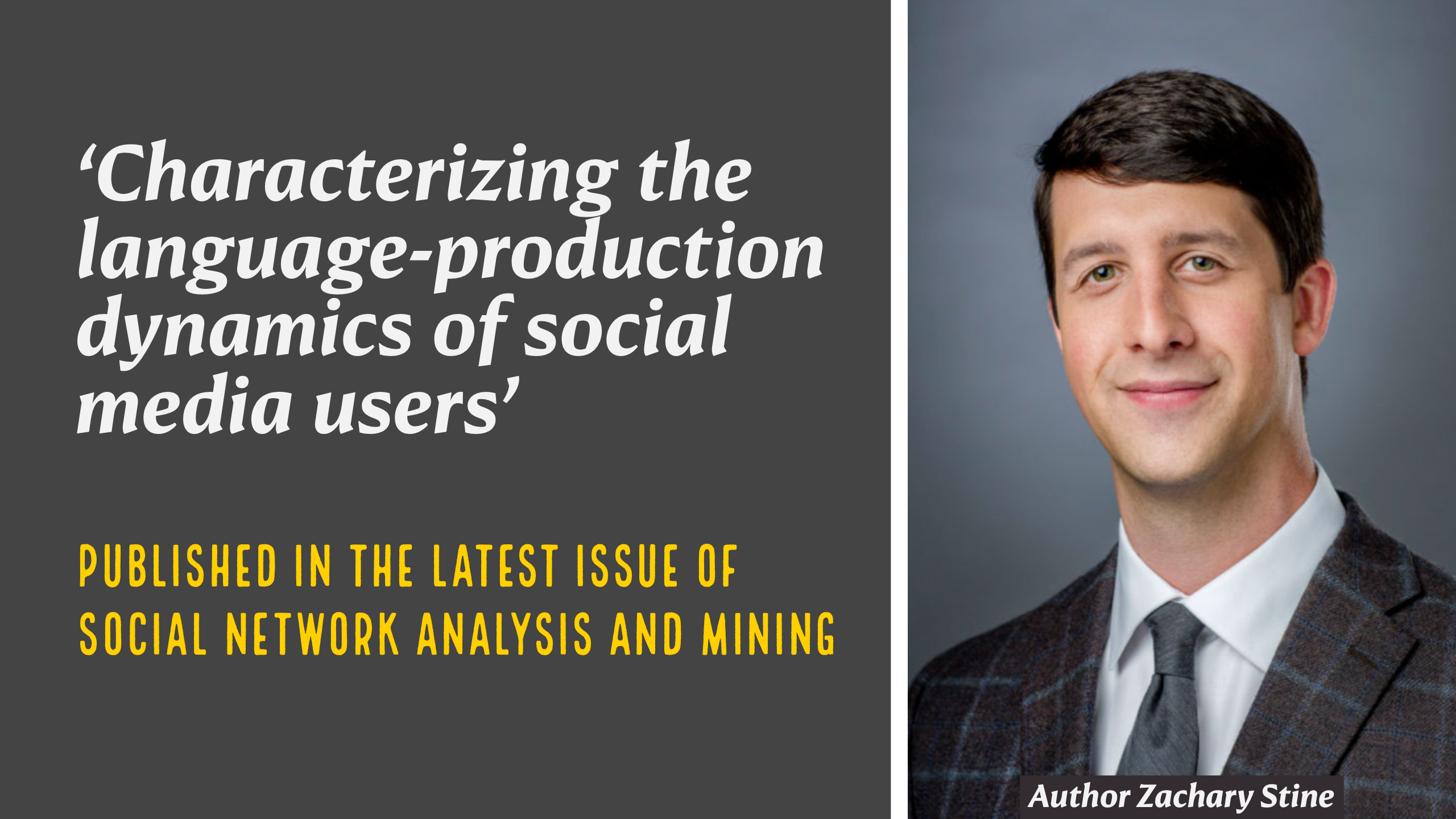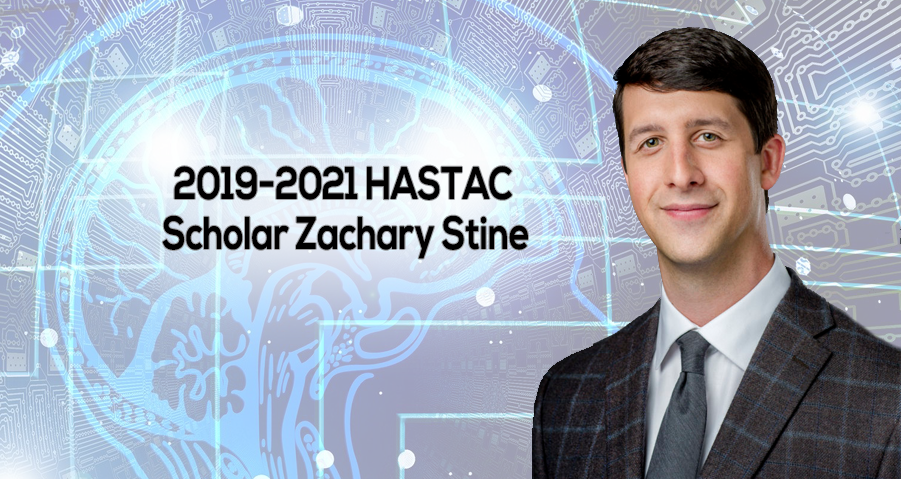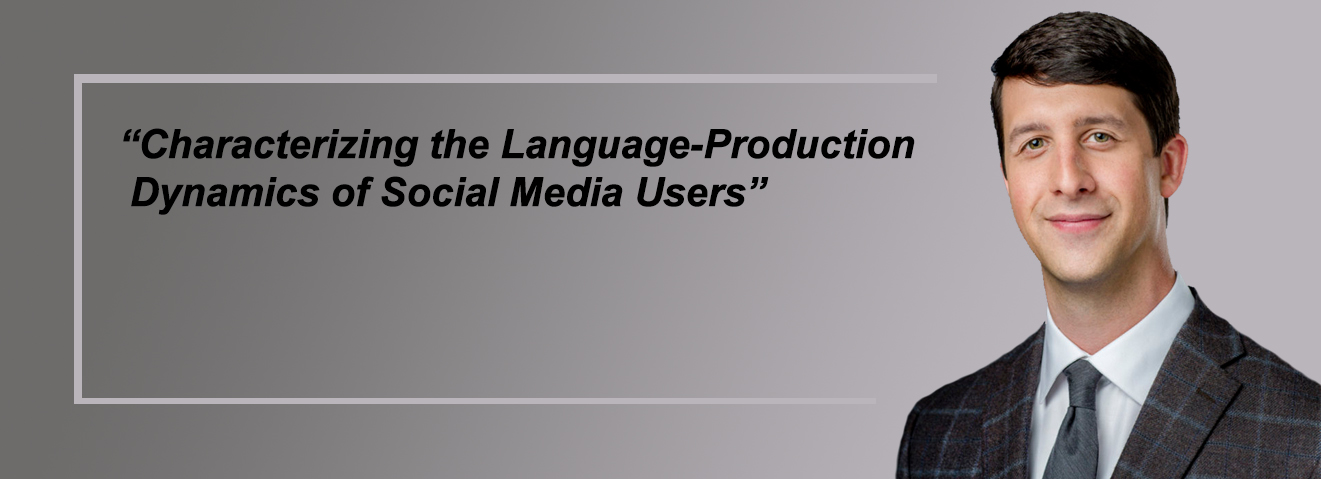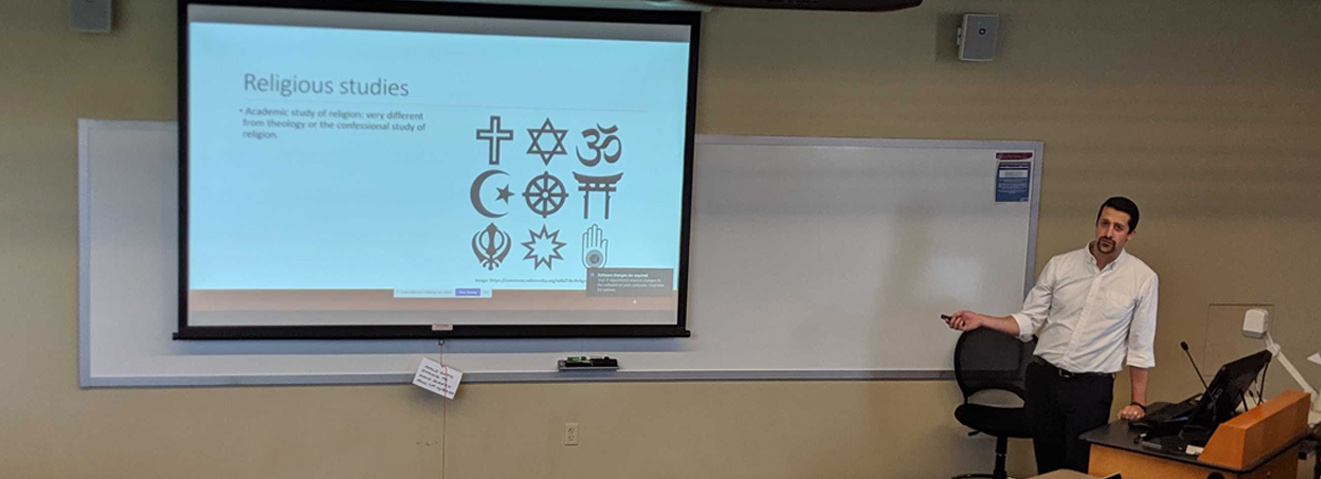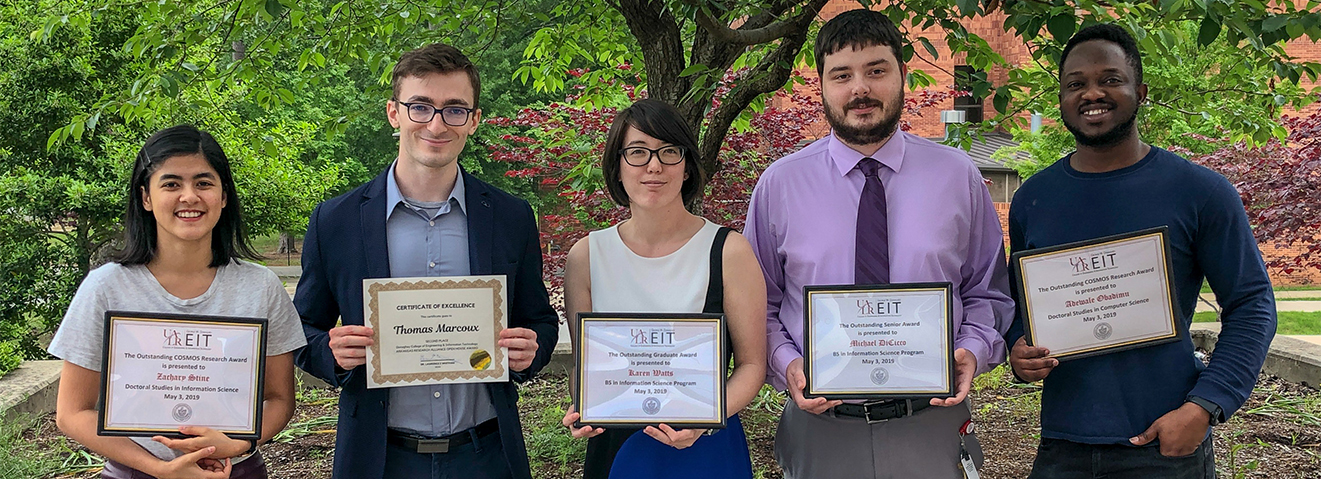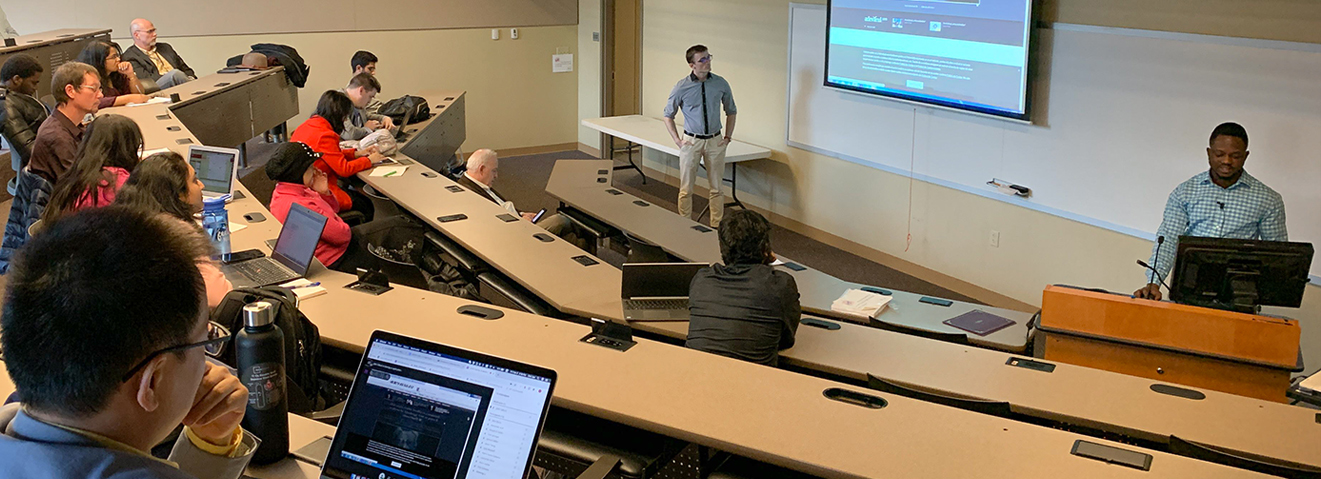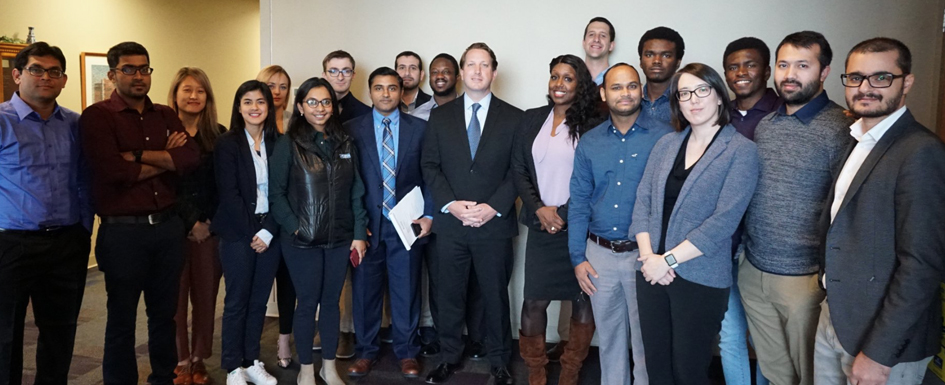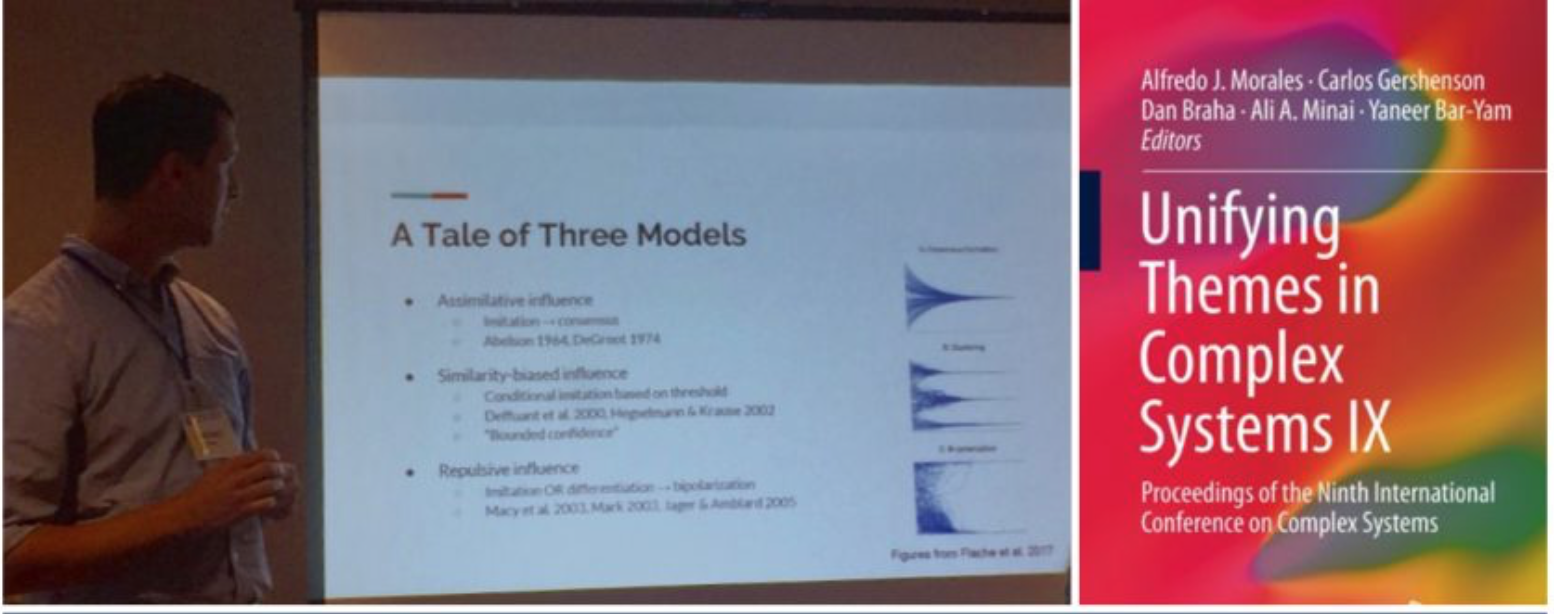Zachary Stine’s Paper Published in ‘Social Network Analysis and Mining’
We are pleased to announce that Zachary Stine’s paper “Characterizing the language-production dynamics of social media users” has been published in the latest issue of Social Network Analysis and Mining, a multidisciplinary journal serving researchers and practitioners in academia and industry. Abstract: In this paper, we propose a characterization of social media users based on language usage over time in order to make more rigorous the notions of organic and inorganic online behavior. This characterization describes the extent to which a user’s word usage within a particular time period subverts expectations based on preceding time periods. To do this, we adapt the use of anRead More →

